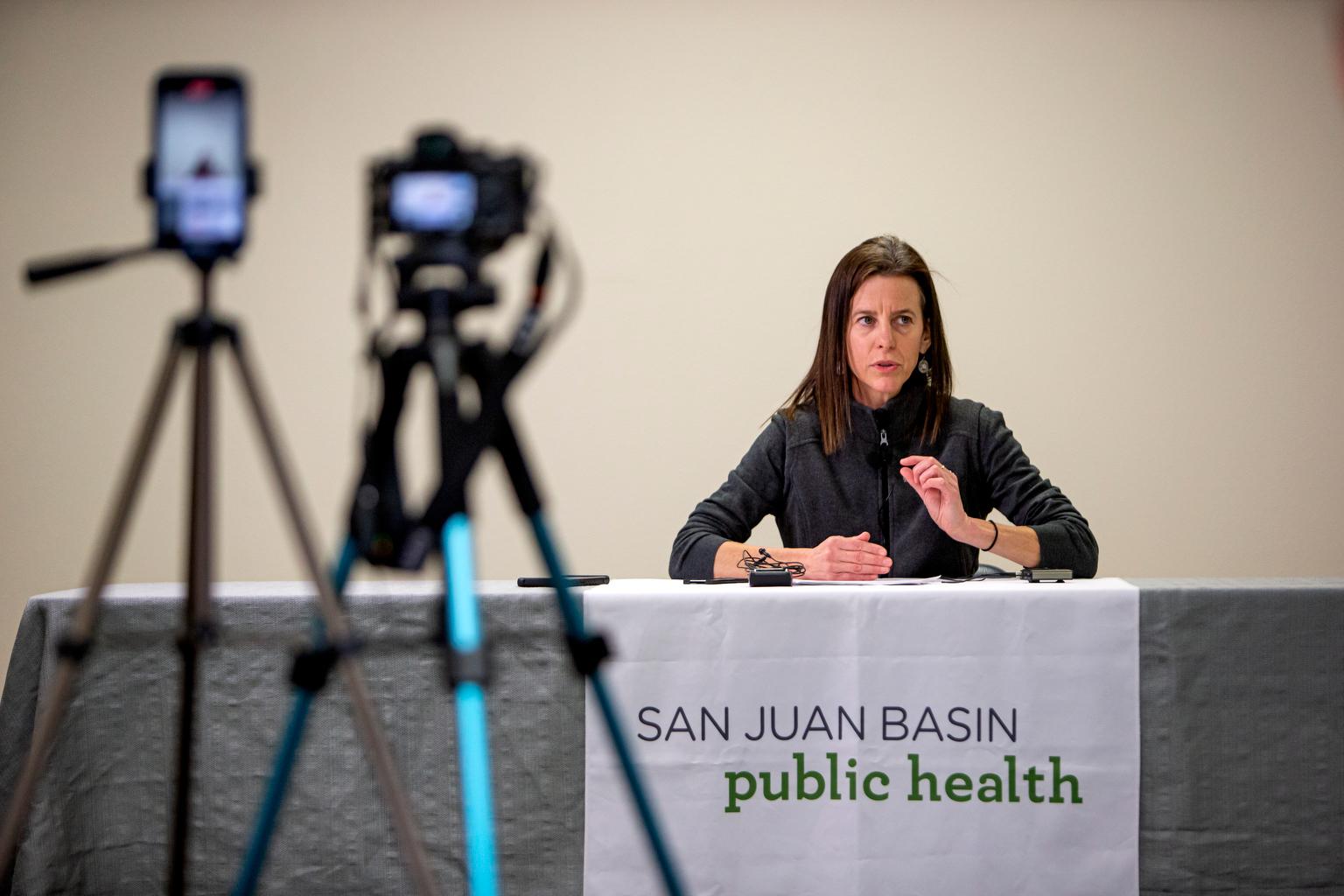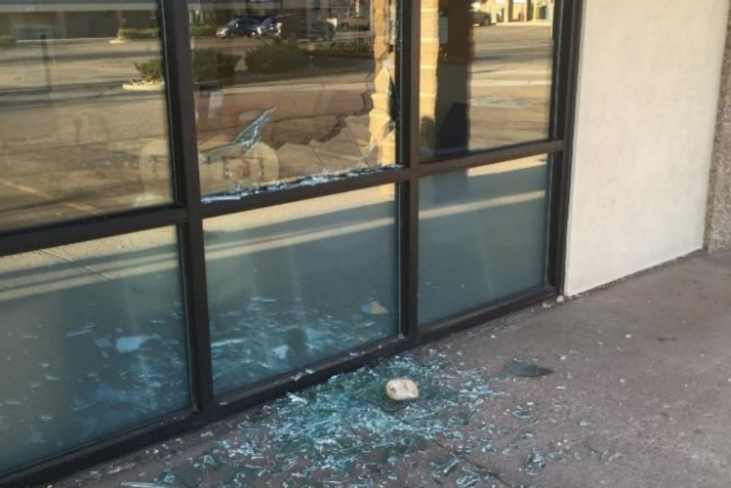
Throughout the pandemic, the state and county health departments across Colorado have been at the forefront of crafting and implementing an unending string of health orders — controversial restrictions on everything from restaurant closures to mask mandates. Now, a year in, officials say their nerves are frayed and they’re exhausted.
And to make their situation worse, many have been targeted by members of the public unhappy with their policies.
In response, state lawmakers have advanced a measure to protect the personal information of public health workers from public exposure. The bill would give them the ability to remove their personal information, like their name, image, email and physical address from public records. Disclosing that information in a way that exposes those workers to threats and danger would be a misdemeanor.
HB21-1107 has bipartisan sponsors and passed the House Judiciary Committee unanimously.
At the Tuesday hearing for the bill, county officials and health departments say threats have continued throughout the pandemic and have hurt morale, leading to high turnover.
Adams County commissioner Emma Pinter told lawmakers the health department serving her county has closed offices a total of 23 days because of threats.
“There were six episodes of vandalism to one of their offices in Aurora accompanied by various threats of violence to their staff,” Pinter said. “In addition, there were social media posts that hinted at firebombing Tri-County [Health’s] administrative offices.”

Lawmakers in both parties said they don’t feel county health employees signed up for a high profile public role and should not feel threatened or be at risk of doxxing. The bill’s privacy protections mirror ones already in place for law enforcement officers and child protective services employees.
“There is a role for a robust discourse about the right policy response to the type of situation that we've been in for going on a year. That response does not include stalking people at their home and in the grocery store,” said Tim Lane of the Colorado District Attorneys' Council.
Judiciary committee member Rep. Dylan Roberts said in smaller communities the threats can be even harder to avoid because people are more likely to recognize their local health workers.
“Public health officials are well-known and they often fear simple things like going to the grocery store or picking up their kids from school.... So I think that adds even more importance to this bill,” the Avon Democrat said.
While the bill was still being drafted, Liane Jollon of San Juan Basin Public Health told CPR News about a particularly frightening incident she experienced. She was on a Zoom call with local officials in January when she heard a loud banging outside her home in Durango.
“I went to my window and there was an individual standing about… five to six feet from my front door with a huge sign that said ‘end the lockdown,’” Jollon recalled. “He was yelling ‘a bad person lives here.’”
The man was one of about 20 people who had come to Jollon’s house to protest policies like mandatory mask-wearing and limits on indoor dining in restaurants, which are aimed at slowing the spread of COVID-19.
Even though no-one came to testify against the bill, some lawmakers have raised concerns. They fear the measure doesn’t go far enough and could provide health workers with a false sense of security. Even the skeptics, however, said they see it as a good first step.








